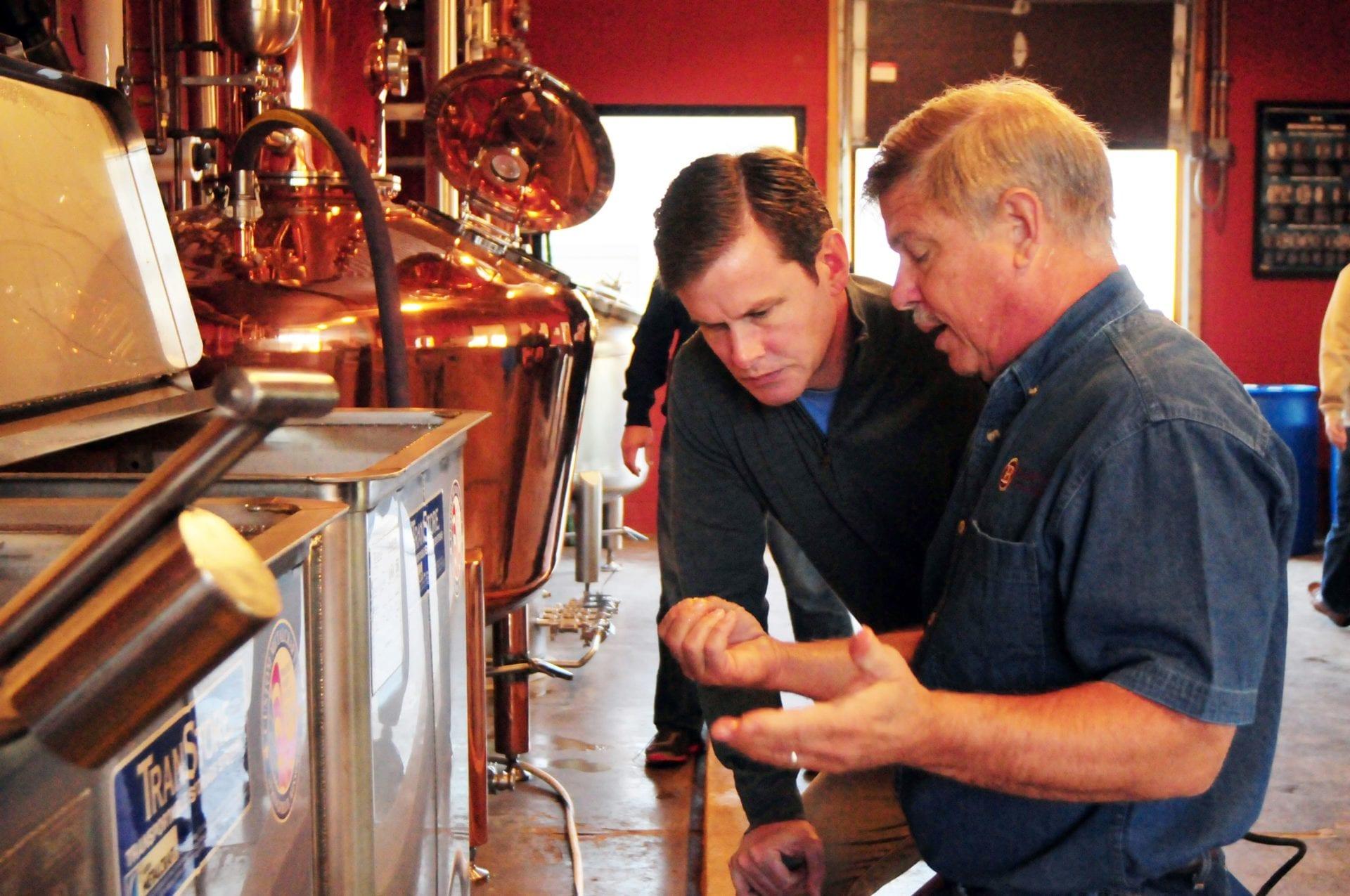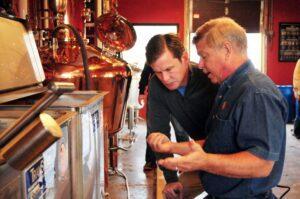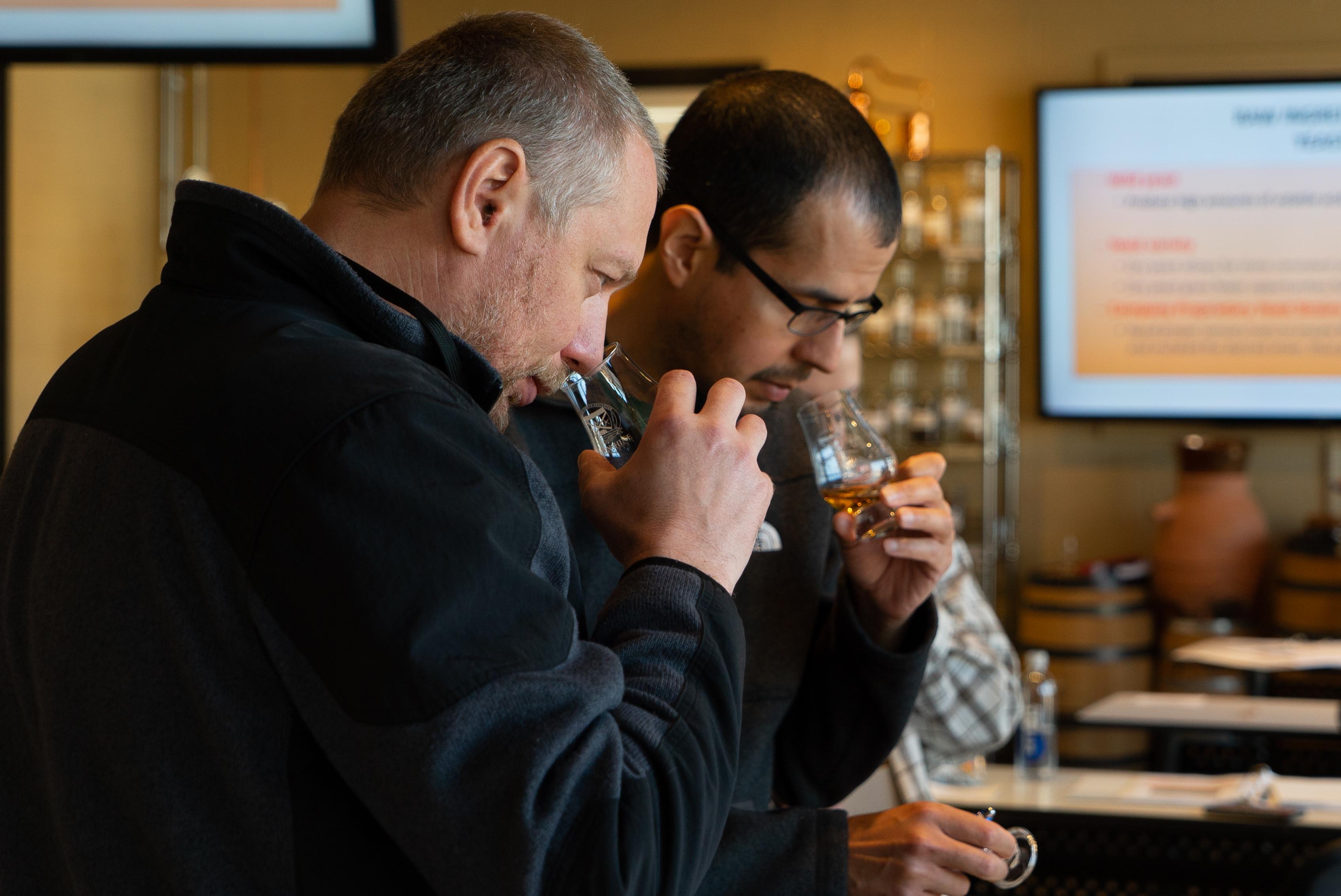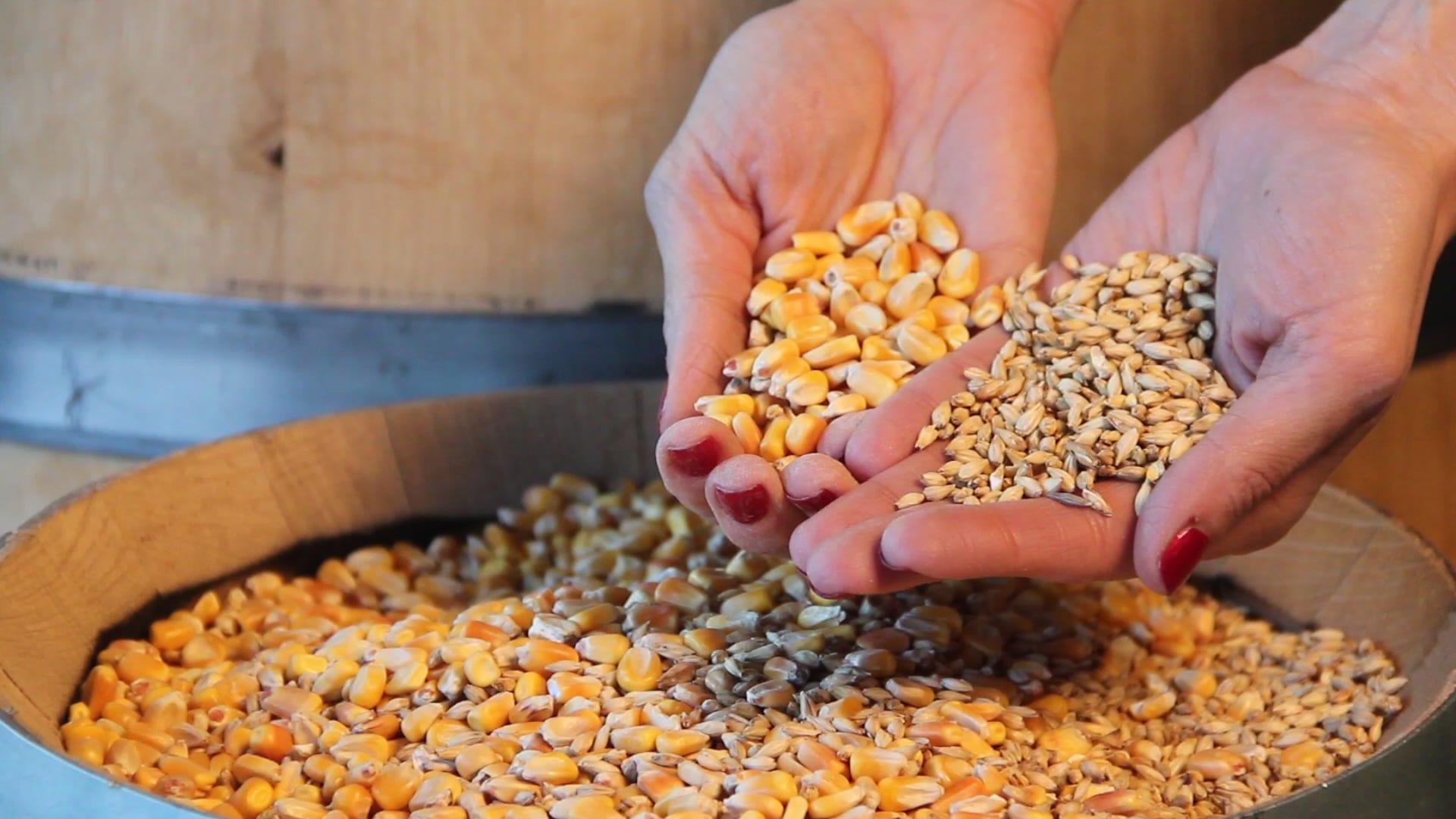
The Art of Non-Alcoholic Spirits
blog
For decades, spirits and cocktails have fostered a culture of craft, connection, and celebration. But over time, cocktail culture has evolved far beyond the buzz!

One of the questions we get asked more than any other is, "How do I become a master distiller?" And that's a tricky question. Some are born into it, some just put it on their business cards (even though they don't know where the steam valve is on their still), and some earn it through dedicating themselves to the craft.
The first thing to understand is that there is no formal definition, training, or certification to become a master distiller. It may be defined by a distillery as to what it means to be a master distiller at their distillery, but it ends there. There is no accepted, industry-wide definition of what the emblematic Master Distiller title means.

Some who have the title were simply lucky enough to be born into it. That's not to say they haven't earned it, in fact it's quite the opposite. They were raised in a multi-generational distillery and have spent their entire life in the distillery. They learned every facet of their company from bottling to warehousing to knowing how to run the entire distillery and make a good, consistent product. It's in their DNA, we imagine.
Others may just buy a still and call themselves a master distiller. After all it's their still and they're the master of it, even if they don't know how to operate it. A consultant I work with once told me a story about such a case. They were sent out to help a still manufacturer's client because they couldn't get their still to work. So this consultant went to the distillery and met the "master distiller." The title was right there on the guys business card, he had to know what he was doing, right? Well, he didn't. He couldn't even answer the first question. "So, where's your boiler?" the consultant asked. "My what?" was the master distillers response. (and no, it wasn't an electric still!). Despite calling himself a master distiller, he didn't know that you needed a heat source to run a still. So step one is to understand that heat is needed to run a still.
So what do we say to people who ask how they can become a master distiller? Earn it. There's nothing embarrassing about having a title like Lead Distiller or Head Distiller (or even distiller in training or distiller's assistant for that matter) while you hone the skills and earn the respect that most in the industry believe are prerequisites to donning the title of Master Distiller. Spend several years learning the ins and outs of every step of the entire process. If your yield drops 10% do you know how to troubleshoot your system and fix it? Can you make a consistent product batch after batch after batch? Have you made a consistently well-reviewed product and know how to make new products that will be equally good?
There's nothing wrong with putting in the time to gain the experience to be a master at your craft. And, if you're interested in such a thing, we know a place where you can start your training and then continue your training.

blog
For decades, spirits and cocktails have fostered a culture of craft, connection, and celebration. But over time, cocktail culture has evolved far beyond the buzz!

blog
Those that are familiar with the process of crafting distilled spirits may also be familiar with the 10 common congeners that are created during fermentation, and honed during the distillation run. Each congener has its own distinct personality, rendering unique tastes and aromas to the finished spirit.

blog
So, you want to start distilling with freshly milled grain. Maybe you're tired of paying top dollar for the pre-milled stuff from the malt distributor, and you're ready to invest in the quality, efficiency, and bulk pricing that comes with milling your own whole grain. But where do you start?